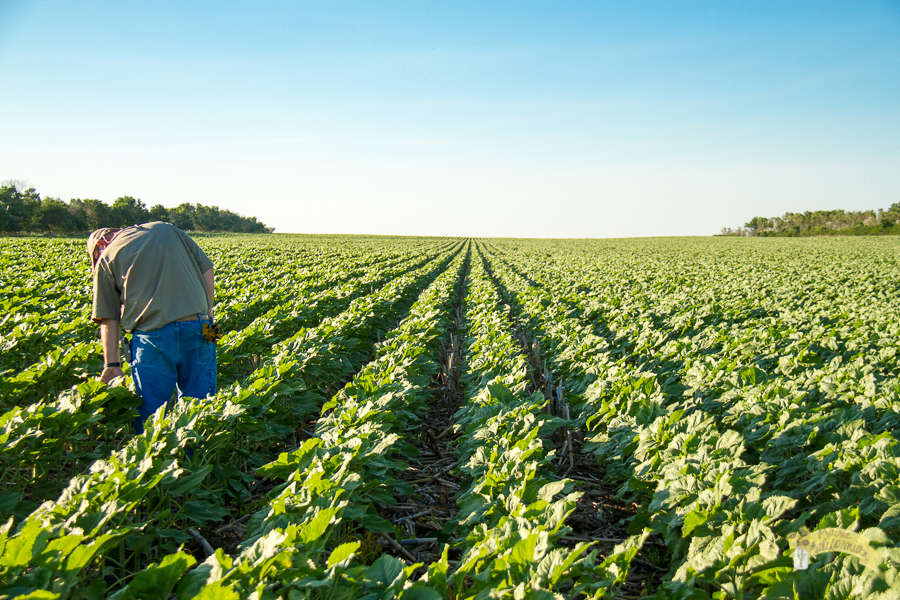
What exactly is an agronomist?
An agronomist is a professional who applies scientific knowledge and techniques into the management and production of crops. Agronomists do the job in a number of settings, from farms and ranches to government organizations and private companies. They may function in research laboratories or teach at colleges and universities.
Most agronomists have at the least a bachelor's degree in agronomy or a relevant industry, including agricultural science or soil science. Many agronomists even have master's degrees or doctorates. The precise nature of an agronomist's job is dependent upon his or her specialty and employer.
Agronomists Perform a vital position in ensuring that crops are healthy and successful. They use their understanding of plant science to establish ways to boost crop production, battle pests and diseases, and preserve water as well as other resources.
The purpose of an agronomist
is to help the entire world fulfill its expanding food generation requirements. According to the U.S. Bureau of Labor Stats (BLS), work for agronomists is expected to expand speedier than average, with openings as a result of advancement and replacement needs.
The work of the agronomist
is complicated and rewarding, with agronomists usually becoming involved with research and education.
The training of an agronomist
Agronomists will need a minimum of a bachelor's degree in agronomy or relevant area agronomists from an accredited uni.
The way forward for agronomy
Agronomists help to ensure that the world's population has adequate foodstuff, plus they perform to further improve crop yields and cut down agriculture's impact on the environment. The BLS says that agronomists are in demand, agronomists but competition for Work is likely to be strong.
Conclusion
Agronomists are click here concerned with the study of plants, and they work in a variety of fields, from agricultural research to raising crops. Agronomists are needed to ensure that crops are generated for consumption, but In addition they help develop biofuels and various plant-based products and solutions.